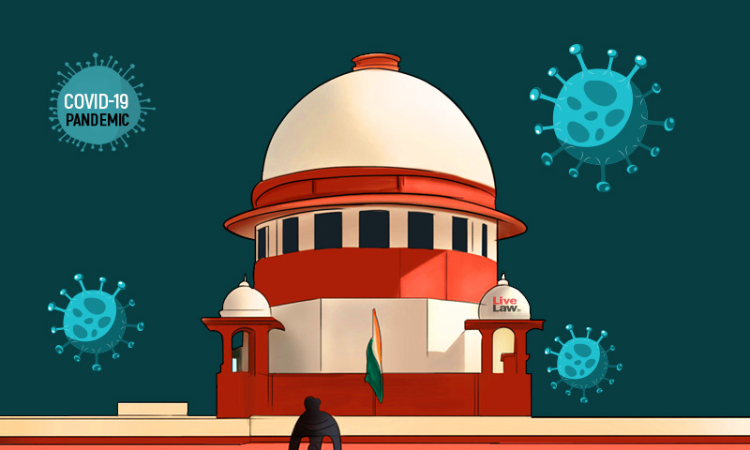SC Dismisses Plea Against Opening Of Public Sector Enterprises During Lockdown
Radhika Roy
8 May 2020 12:54 PM IST

Next Story
8 May 2020 12:54 PM IST
The Supreme Court dismissed a plea in the Supreme Court which sought for directions against Public Sector Enterprises who were treating themselves as government offices and were opening up despite the institution of the nationwide lockdown in wake of the COVID-19 pandemic. The PIL had been moved against the "illegal opening of offices during the nationwide lockdown by Public...
